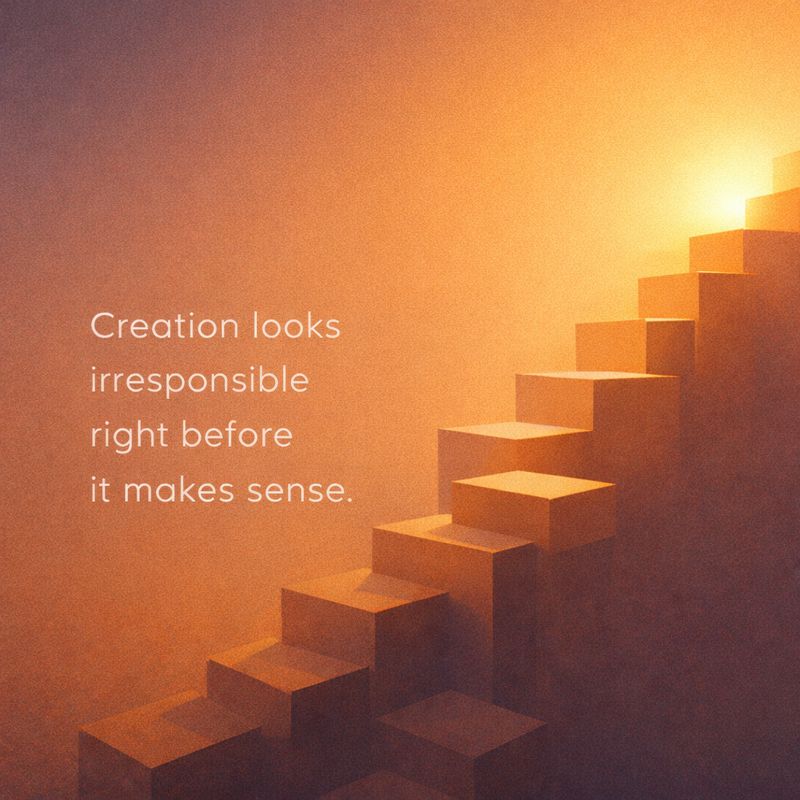The Core News
As reported by Reuters, UK employers are predicting average pay rises of just 3% in 2026, down from 5% this year — one of the slowest projections since the pandemic.
Why the slowdown?
Nearly half of surveyed firms cited AI-driven productivity gains and role automation as a factor behind restrained wage growth.
The logic: if automation can handle more of the workload, wage inflation becomes harder to justify.
In other words — as machines get smarter, pay rises get smaller.
The Surface Reaction
The story sounds like a normal economic headline — until you realise what it means underneath.
For the first time, AI is being explicitly referenced as a reason for wage restraint.
Not a side-effect. Not a forecast. A real economic input.
That’s a turning point.
Because this isn’t about AI replacing people outright — it’s about AI reducing the perceived scarcity of human effort.
The emotional driver here isn’t inflation or growth; it’s unease.
When executives say “AI is improving productivity,” what they really mean is:
“We can produce more with fewer people — and that changes how we price labour.”
That subtle sentence will define this decade of work.
The BitByBharat View
For years, conversations about AI and jobs focused on replacement — entire roles vanishing.
But what we’re seeing now is more nuanced, and arguably more unsettling: value compression.
AI isn’t removing the worker — it’s reducing the incremental value of each human hour.
That means salaries grow slower, hiring slows down, and internal competition rises.
The invisible outcome is cultural — a quiet sense that people need to “justify their seat” even more than before.
I don’t think we’re heading toward mass unemployment —
but we are heading into a period where pay growth decouples from productivity.
Historically, when technology improved productivity, humans shared the benefit through higher wages.
AI might be the first wave where that equation breaks.
The Dual Edge (Efficiency vs Equity)
Upside:
Companies gain efficiency and cost control.
AI enables leaner operations and more sustainable margins.
Downside:
Wage stagnation can lower morale and consumer spending.
Skilled professionals may find their roles valued less even as output improves.
It widens the gap between those who build AI and those who’re optimised by it.
It’s not the “robots taking jobs” moment everyone imagined.
It’s the “algorithms quietly repricing labour” moment nobody saw coming.
Implications
For Founders / Engineers:
If you build automation tools, remember — your product doesn’t just save time, it redefines how time is valued.
Be intentional about the human layer.
For Creators / Professionals:
Focus on skills AI cannot easily compress: creativity, narrative, emotional context, strategy.
Those will hold wage power longer than routine efficiency roles.
For Leaders / Policymakers:
We need a new vocabulary for this — not “AI disruption,” but “AI depreciation.”
Because value isn’t just being automated; it’s being discounted.
Actionable Takeaways
Read the Reuters survey — understand the psychology behind how firms justify wage decisions.
Audit your own skillset: how much of it is replaceable vs interpretable.
Learn AI tools — but don’t confuse tool fluency with future security.
As a founder or manager, communicate clearly how AI affects jobs — silence fuels anxiety.
Recognise this moment: AI has left the innovation budget and entered the payroll sheet.
Closing Reflection
The real impact of AI on jobs won’t arrive as layoffs.
It’ll arrive quietly — in the form of smaller pay rises, fewer openings, and job descriptions that sound the same but pay a little less each year.
That’s how revolutions usually begin in the modern economy.
Not with protests or panic — but with a slow repricing of human time.
References
Related Post
Latest Post
Subscribe Us
Subscribe To My Latest Posts & Product Launches












